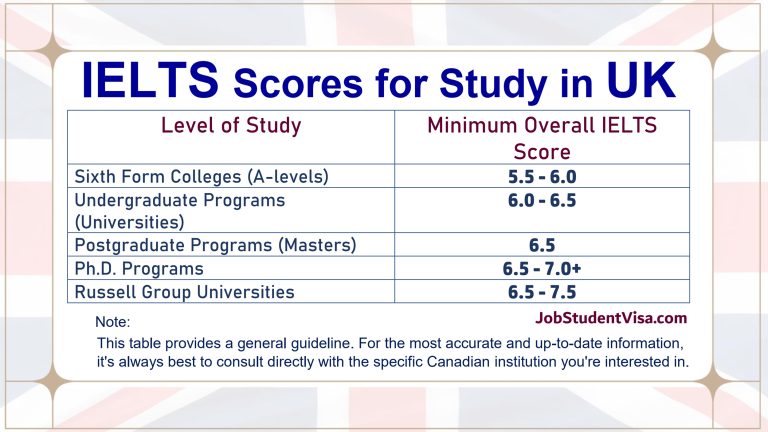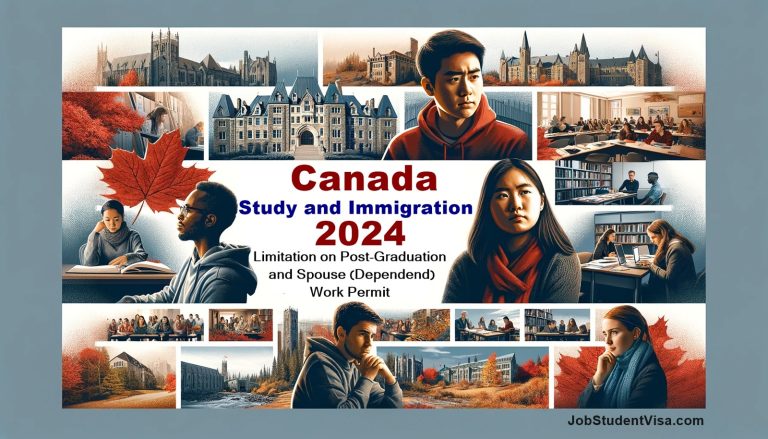UK Immigration White Paper 2025 Major Changes for Students, Workers, and Families Visas
UK Immigration 2025: 5 Major Visa Changes You Must Know
The UK’s 2025 Immigration White Paper has introduced a sweeping set of reforms set to reshape the future of migration. Designed to cut net migration while attracting high-skilled talent, the new rules bring significant updates for international students, skilled workers, and family visa applicants. From shortening the Graduate Route to closing the Social Care Visa for new overseas applicants, these changes reflect a tougher stance on immigration compliance and long-term contribution. If you’re planning to study, work, or settle in the UK, here are the top five changes you need to understand right now.
The UK government has unveiled its long-awaited immigration white paper, introducing significant reforms aimed at reducing net migration, tightening visa rules, and prioritising high-skilled talent. Prime Minister Keir Starmer emphasised that these changes mark a turning point in the UK’s immigration policy, with a renewed focus on economic contribution, skill levels, and integration.
Graduate Route Reformed
One of the key changes is to the popular Graduate Route visa, which currently allows international students to remain in the UK for two years after completing their degree. Under the new policy, this period will be shortened to 18 months.
“Enforcement will be tougher than ever and migration numbers will fall,” said PM Keir Starmer.
Key Points:
- Graduate Route reduced from 2 years to 18 months.
- Government intends to introduce work contribution conditions for staying after graduation.
- No current requirement for a specific type of job to remain, but future reforms are expected.
Tougher Standards for International Student Recruitment
To combat abuse of the student visa route, the government plans to strengthen compliance standards for universities and colleges. Institutions will face stricter assessments and accountability measures.
New Compliance Standards:
- Minimum course enrolment rate raised to 95%.
- Minimum course completion rate raised to 90%.
- Annual Basic Compliance Assessment (BCA) standards revised.
- Institutions will be ranked under a new Red-Amber-Green system.
- Poorly performing institutions may face enrollment limits and improvement plans.
Introduction of Agent Quality Framework (AQF)
To ensure ethical recruitment, all institutions will now be required to use registered and accountable agents under a mandatory AQF system.
Key Reforms:
- Agent Quality Framework (AQF) becomes mandatory.
- Unethical or poor-performing agents will be restricted.
Levy on International Student Revenue
A proposal to introduce a levy on university income from international students is being considered, with a modelled rate of 6%. The funds would be reinvested into the UK’s skills and education sector.
Highlights:
- No final decision yet; further details to be announced in the Autumn Budget.
- Aims to balance education sector profit with national skill development.
English Language Requirements Raised
New English language requirements will be implemented across more visa categories for both applicants and their dependants.
Language Requirement Changes:
- Adult dependants must now demonstrate A1-level English, progressing to A2 and B2 for extensions and settlement.
- Skilled workers will need B2 proficiency (up from B1).
Stricter Controls on Short-Term English Language Study Route
The Short-Term Student (English Language) visa route, allowing study of 6-11 months, will undergo stricter oversight.
Reforms Include:
- Review and regulation of accrediting bodies.
- Stronger oversight to prevent visa misuse.
Skilled Worker Visa Changes
To ensure that skilled visas go to genuinely skilled individuals, the UK will raise the skill and salary thresholds.
Key Changes:
- RQF 6 (graduate-level) reinstated as the minimum threshold.
- Abolition of the Immigration Salary List.
- Visa access only for occupations with long-term shortages and workforce strategies in place.
Adult Social Care Visa Closure
The visa route for adult social care workers from overseas will be closed to new applicants. Current visa holders may extend or switch in-country until 2028.
Details:
- New applications from abroad for social care visas are no longer being accepted.
- Temporary continuation for those already in the UK.
Family Visa Route Reform
The complex family and private life visa categories will be streamlined to prevent exploitation and better reflect public interest.
Major Adjustments:
- Legal loopholes (e.g., Article 8) will be narrowed.
- Parliament to have final say on who stays under family provisions.
Earned Settlement and Citizenship
Settlement and citizenship will now depend more on long-term contribution to the UK.
Key Changes:
- Standard settlement period doubled from 5 to 10 years.
- Fast-track options for high-contributing individuals (e.g., doctors, engineers, AI specialists).
- Settlement and citizenship to become points-based.
Reforms to Deportation and Asylum Policy
To enhance public safety and prevent misuse of the asylum system, the government will implement new deportation and visa control measures.
Notable Actions:
- Deportation rules to include more foreign nationals, not just prisoners.
- Revised statutory criteria to prioritise crimes like violence against women.
- Asylum claims after arrival to be scrutinised based on home country conditions.
Boosting Domestic Skills and Labour Market Insight
A major objective of the reforms is to reduce dependency on foreign labour by investing in UK skills.
Labour Market Reforms:
- Employers will be required to invest in domestic training.
- A new Labour Market Evidence Group will analyse real-time data to guide policy.
- International recruitment must be justified and time-limited.
Boosting High-Skilled Talent Routes
The government intends to strengthen global talent pipelines to support high-growth industries.
New Initiatives:
- Increase in high-talent visa routes.
- More places for research interns.
- Evaluation underway for the Innovator Founder and High Potential Individual visa schemes.
- Easier routes for top scientific and design professionals.
Financial Sanctions for Non-Compliance
Institutions and employers will face penalties if found guilty of visa abuse or poor compliance.
Compliance Measures:
- Financial penalties for abusive sponsors.
- Stronger visa monitoring tools.
- International cooperation to return nationals from non-cooperative countries.
The UK’s new immigration white paper presents a bold plan to reform the system with a dual focus: attracting high-skilled talent while reducing overall migration numbers. It underscores a shift toward merit, compliance, and long-term contribution as the foundation of immigration policy. While many measures will be implemented gradually, initial changes are expected in the coming weeks, with more details to follow in upcoming legislative sessions.





